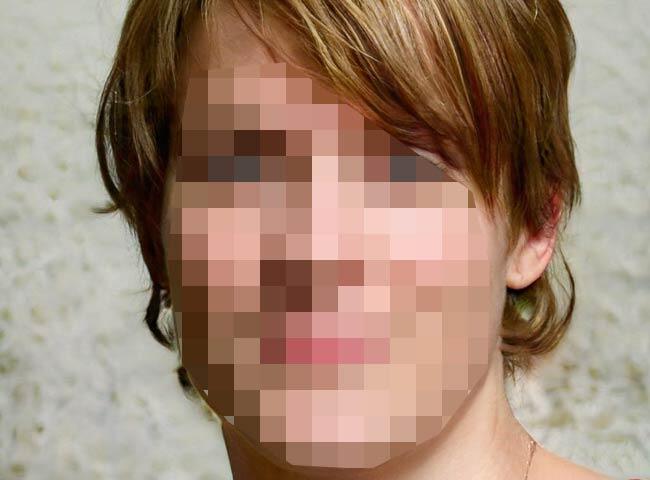Meet Brie

Brie's story
Electrolysis Support Fund recipient
Brie (she/her) is a disabled trans woman from Colorado who recently left her job due to discrimination. Most of her coworkers did not know she was trans, but working in the tech world felt incredibly unsafe. This decision came with a pay cut, and Brie has two kids, one of whom is disabled. Her wife also has a feeding tube, and most of their funds are spent on medical bills.
"I moved to my new job for physical safety and my mental health," Brie shares. "They seemed inclusive, and I am out as a femme/gender fluid person at work, but I just found out my new insurance (UMR) is not going to cover any trans-related care… not even my estrogen that I just started."
With two family members who are sick, having to change jobs, and dealing with her own health struggles (ulcerative colitis), Brie and her family cannot afford hair removal.
Receiving support for hair removal would significantly improve Brie's quality of life, helping her feel more comfortable and confident in her identity while alleviating some of the financial and emotional burdens she and her family currently face.
Brie's timeline
-
Award Granted
April 9, 2024
Brie was awarded a grant toward permanent hair removal!
-
Care Received
July 5, 2024
A payment has been made toward Brie's permanent hair removal!
-
Care Received
September 16, 2024
A payment has been made toward Brie's permanent hair removal!
-
Care Received
November 11, 2024
A payment has been made toward Brie's permanent hair removal!
About Hair Removal: Femme Award
On average, it costs $2,300+ for Brie's care.
- What is it?
- Before care
- After care
What is it?
Point of Pride provides grants to trans femme people seeking hair removal on their face, neck, or an area of the body in preparation for bottom surgery.
What is life like for a person who needs this care?
For trans femme folks, particularly trans femmes of color, access to facial hair removal often equates to safety against anti-trans violence or discrimination. It's common for applicants to note issues with employment and public safety, particularly if their facial hair is dark or thick. Electrolysis and laser hair removal services are often deemed cosmetic and therefore not covered by health insurance plans.
What is the impact of this care on the recipient’s life?
Access to hair removal often leads to a more positive emotional well-being, increased confidence, increased safety when in public, and better opportunities at employment and more.
Your support funds healthcare that's
life-changing. Life-saving. Life-giving.